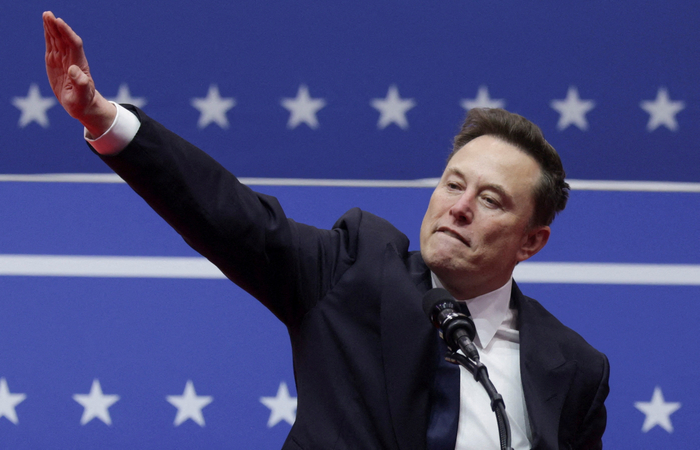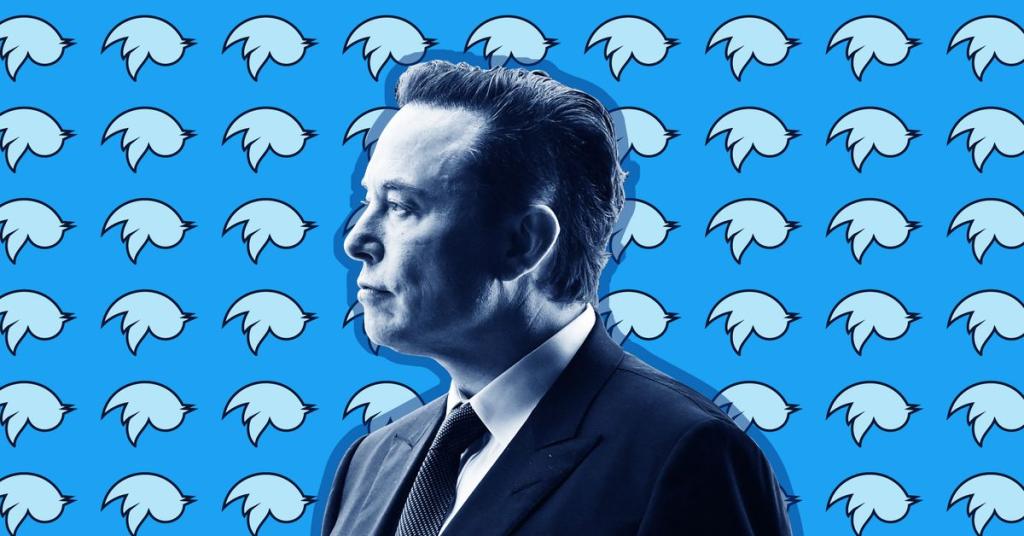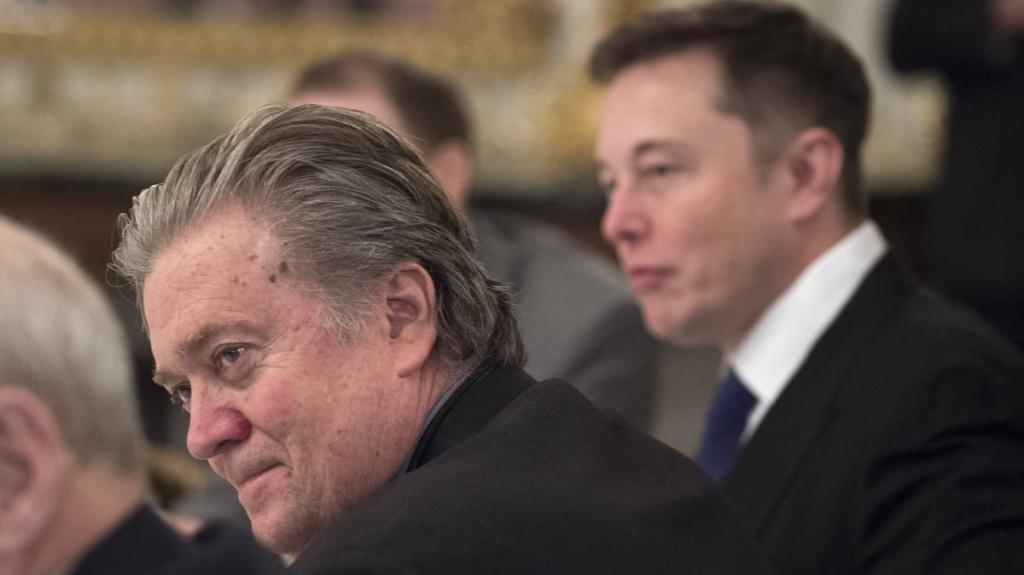Elon Musk's Political Influence and its Impact on Democracy
Discover how Elon Musk's influence disrupts bipartisan politics, raising crucial questions about the balance between wealth and democracy in America.
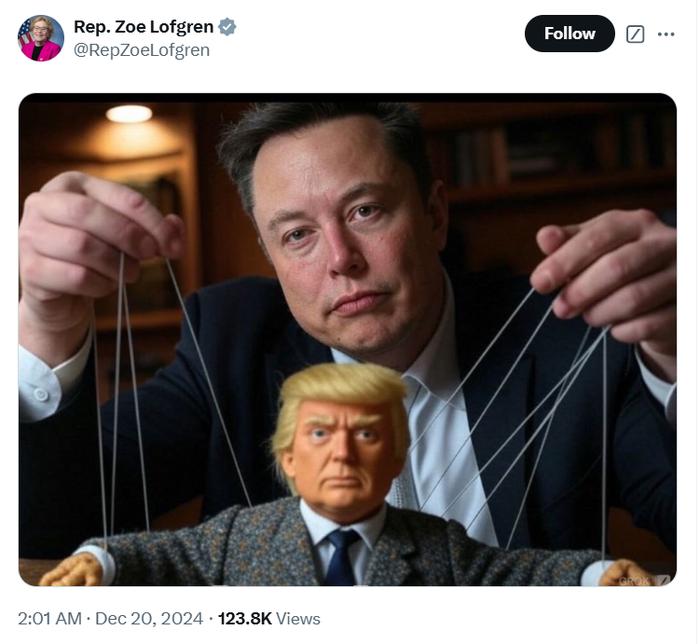
Key Points
- Elon Musk
's extensive social media influence has allowed him to significantly disrupt bipartisan agreements in Congress.
- His interventions highlight critical concerns about the power of wealthy individuals in shaping political outcomes and undermining democratic processes.
- The situation raises important questions about the balance between wealth and governance, emphasizing the need for reform to protect democratic integrity.
In recent months, the political landscape in the United States has experienced significant turbulence, much of it prompted by the actions of billionaire entrepreneur Elon Musk. While Musk is known primarily for his groundbreaking work in technology and space exploration, he has recently emerged as a potent force in the political arena, particularly influencing the
and shaping legislative outcomes. This article delves into how Musk's interventions have not only disrupted bipartisan agreements but also raised critical questions about the role of wealthy individuals in governance.
Musk's Social Media Strategy: A Double-Edged Sword
Elon Musk's influence began to manifest prominently through his extensive use of social media, particularly on X (formerly Twitter). With over 207 million followers, his tweets have the power to mobilize public opinion almost instantaneously. This year, Musk fervently opposed a bipartisan funding proposal, framing it as “criminal” and vowing to “end the careers” of any legislators who supported it. His rhetoric prompted a wave of backlash from constituents, leading many Republican lawmakers to reconsider their support for the bill.
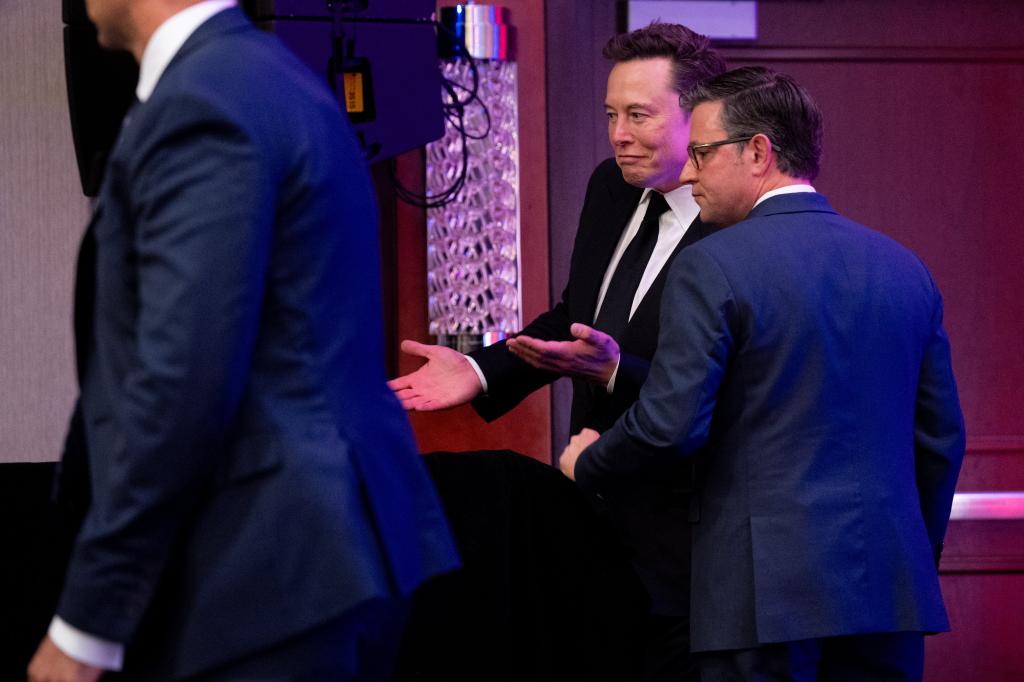
This backlash illustrates the immense reach Musk holds over his followers, and in turn, how that influences political decisions within Congress. The sheer volume of his posts—over 150 in a single day—demonstrates how one person's platform can pivotally steer government action.
The Fallout from Musk's Involvement
Following Musk's intervention, congressional leaders found themselves in a precarious position. The spending plan that initially promised to fund the government and avert a shutdown suddenly collapsed, creating chaos within the Republican Party. The apparent lack of control within the GOP was highlighted when House Minority Leader
remarked, “Who is in charge?” This question underscores the growing influence of non-elected individuals in governance.
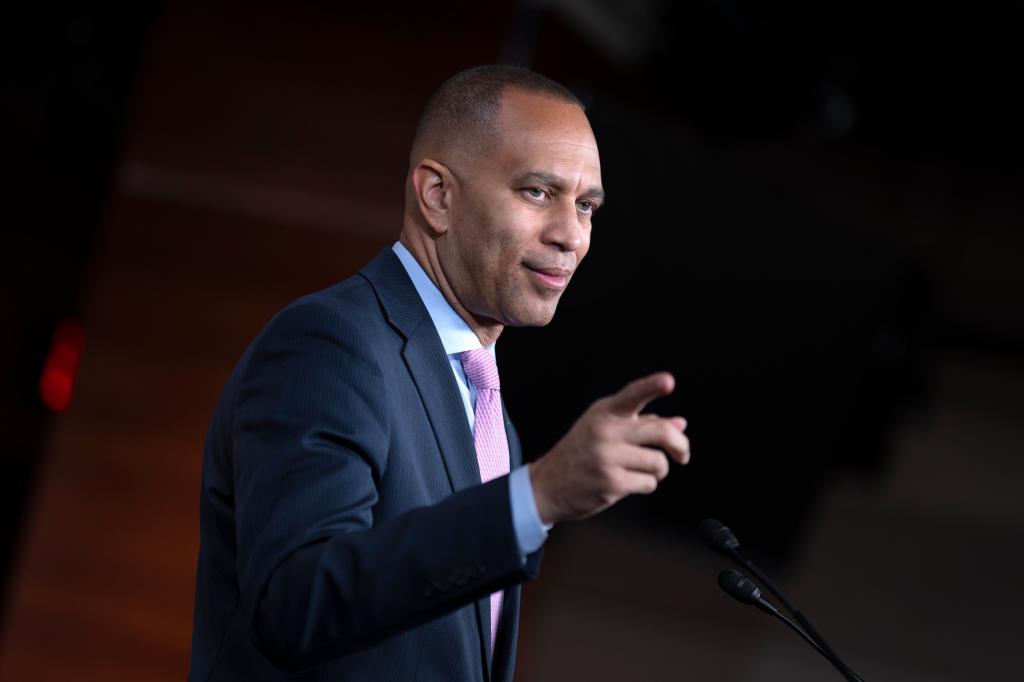
Musk not only reshaped the political dialogue but also effectively positioned himself as a “shadow president” of sorts, exploiting his wealth and visibility to exert pressure on elected officials. Such events exemplify the challenges faced by party leaders like Mike Johnson, who must navigate the turbulent waters of a divided party while contending with the whims of a billionaire.
Case Studies: Impact on Bipartisan Efforts
The impact of Musk's actions cannot be understated. In one significant instance, his verbal attacks on a proposed budget led to the withdrawal of support from approximately 38 Republican representatives, derailing what was an essential bipartisan agreement. This self-inflicted turmoil raises questions about how individual billionaires can disrupt the political process.
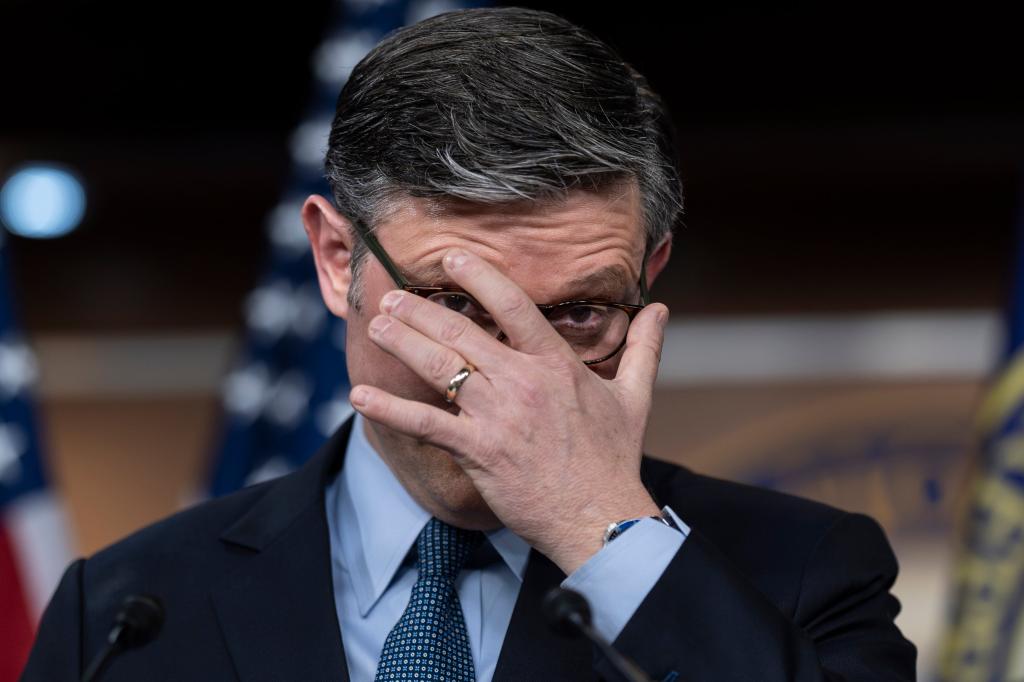
More troubling is the normalization of such influence in American politics. The interactions between Musk and Trump illustrate how easily a financial backer can sway legislative outcomes, fundamentally altering the dynamics between elected officials and their constituents.
The Broader Implications for Democracy
This unprecedented scenario brings to light deeper concerns regarding democratic integrity. As Senator
pointedly noted, the rise of Musk's power echoes the historical struggles against oligarchy and highlights the risks of allowing wealth to dictate policy. The alarming prospect of “billionaires as joint presidents” challenges the very foundations of democratic governance in the United States.

As this new chapter unfolds, it will be essential for both lawmakers and citizens alike to address the balance of power. Engaging in meaningful dialogue and reforming campaign finance laws may be necessary steps towards reclaiming the political landscape from outsized influences.
The Path Forward
Moving forward, the political climate showcases a need for introspection and action. As Elon Musk’s role in shaping policy becomes increasingly apparent, Democratic and Republican leaders must evaluate the long-term implications of their reliance on influential figures beyond elected office. The challenge lies not just in governing effectively but in ensuring that the voice of the people remains paramount in the legislative process.
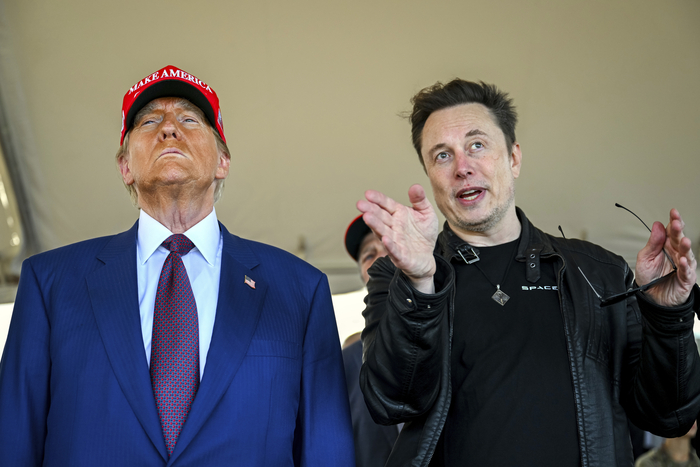
The dynamic political landscape introduced by influential figures such as Elon Musk reiterates the crucial balance between wealth and democracy. As Americans navigate this turbulent time, recognizing the implications of concentrated power is essential for maintaining the integrity of the political system. Ultimately, this period will prove pivotal in determining not only the future of bipartisan efforts but also the role of money in politics.
